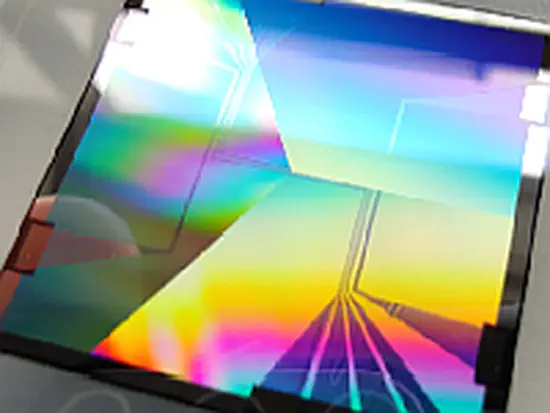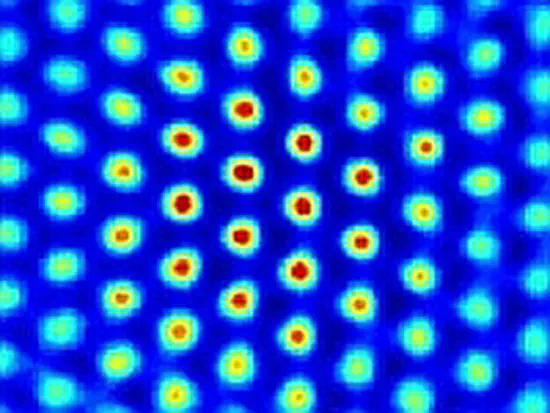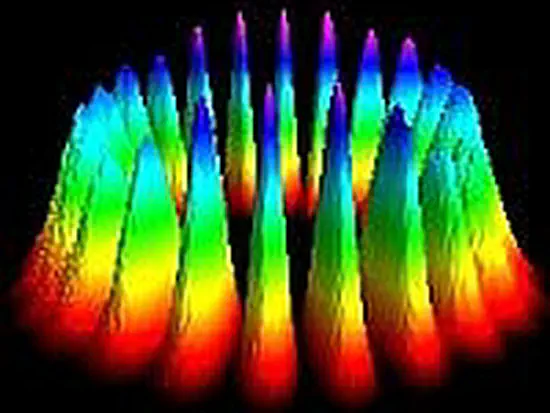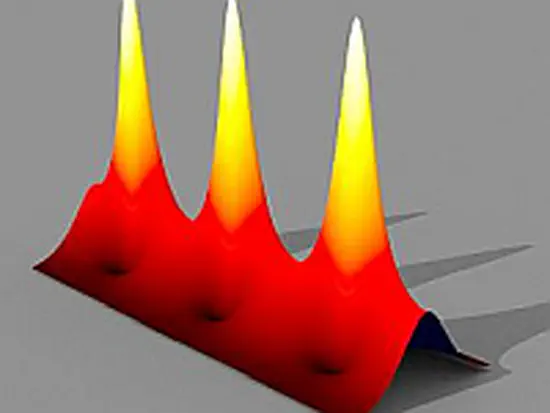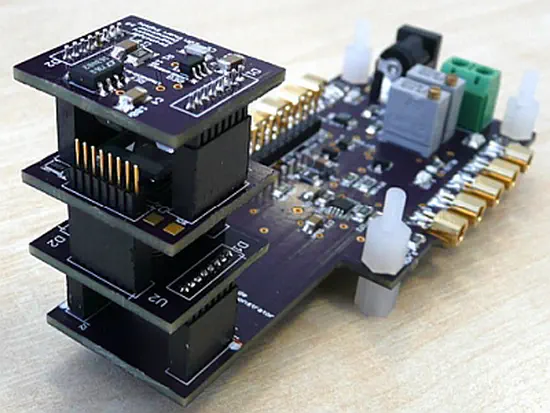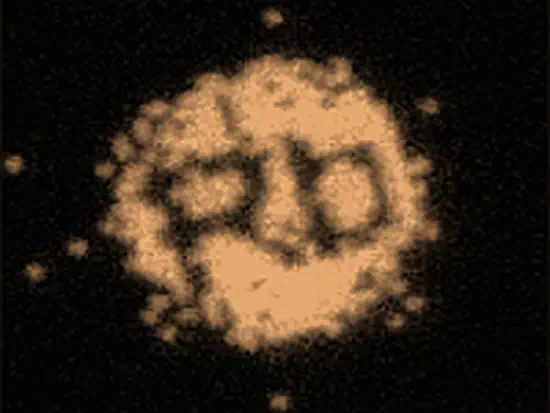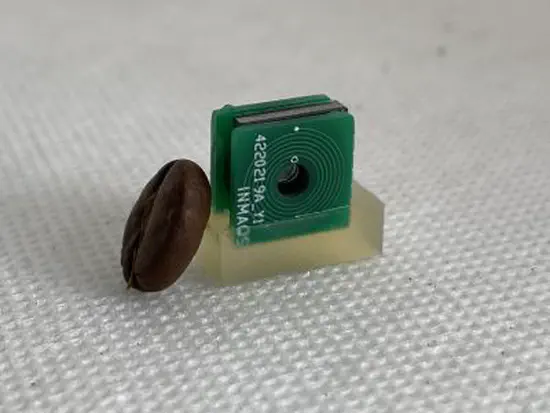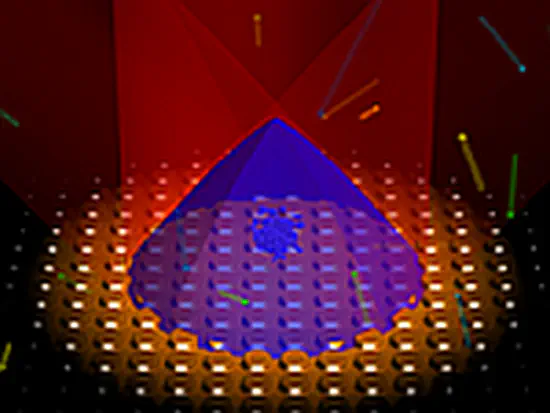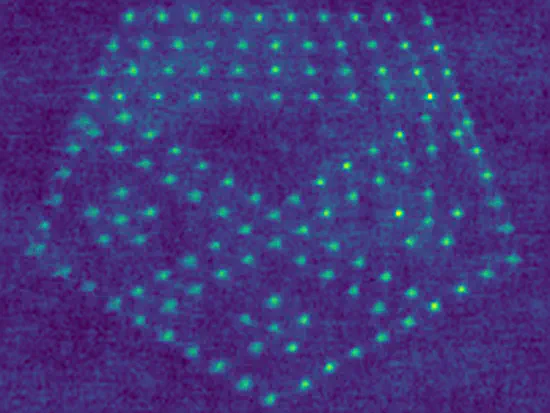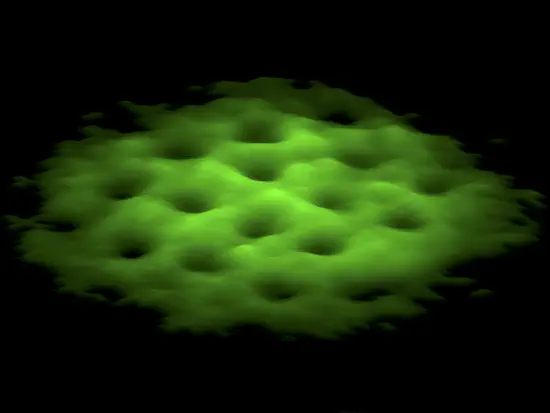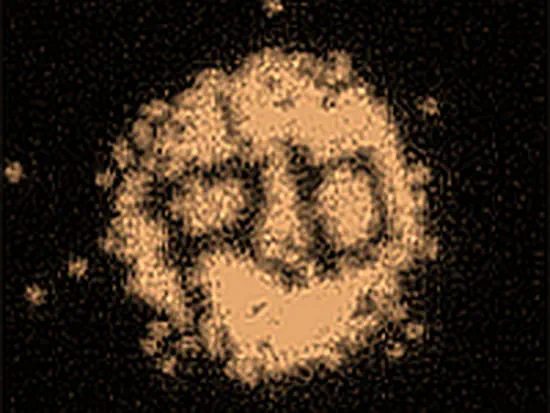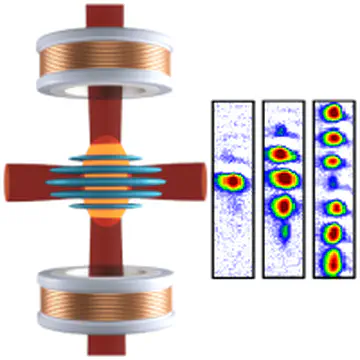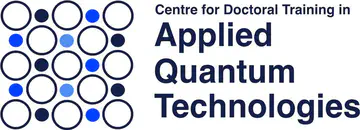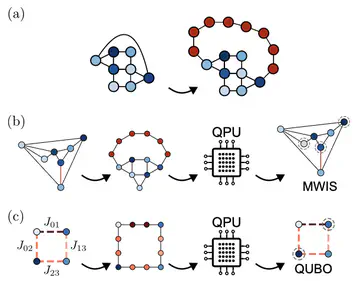Experimental Quantum Optics
and Photonics Group
Welcome to the University of Strathclyde’s Experimental Quantum Optics and Photonics Group. We are part of the Optics Division in the Department of Physics. Please contact us if you are interested in working in our research areas. See also the International Graduate School for Quantum Technologies, and available PhD opportunities.
Research Areas and Groups
Latest News
XXXX We demonstrated the existence of single- and multi-site solitons in an optical accordion lattice, arXiv:2504.11046.
A colloboration between the Experimental Quantum Optics and Photonics Group (T. Ackemann, E. Haller) and Computional Nonlonerar and Quantum Optics Group (G. Robb, P. Kirton) obtained funding from EPSRC for the investigation of Supersolids and quantum droplets via light mediated interactions.
Our Centre for Doctoral Training (CDT) in Applied Quantum Technologies will host a recruitment event on January 15th 2026.
This event is an excellent opportunity for prospective applicants to learn more about our cutting-edge programme, meet key members of the team, and gain valuable insights into the unique academic and research opportunities we offer.
Neutral atom arrays provide a versatile platform to implement coherent quantum annealing as an approach to solving hard combinatorial optimization problems. In this work we present and experimentally demonstrate an efficient encoding scheme based on chains of Rydberg-blockaded atoms, which we call quantum wires, to natively embed maximum weighted independent set (MWIS) and quadratic unconstrained binary optimization (QUBO) problems on a neutral atom architecture. This approach successfully identifies the solutions to the original MWIS and QUBO graph instances. Our work expands the operational toolkit of near-term neutral atom arrays, enhancing their potential for scalable quantum optimization. For more details see arXiv:2503.17115.
Recent publications
A quantum-classical cold atom system for inertial navigation
2025 Conference on Lasers and Electro-Optics Europe & European Quantum Electronics Conference (CLEO/Europe-EQEC)
(2025)
Global positioning and navigation using satellites has been a crucial part of modern infrastructure since the development of GPS in the …
A rubidium frequency-standard based on a MEMS vapour cell
2025 Conference on Lasers and Electro-Optics Europe & European Quantum Electronics Conference (CLEO/Europe-EQEC)
(2025)
An optical atomic frequency-reference based on a vapour of atoms is a strong candidate for a creating a portable atomic clock with …
Chip-scale atomic spectrometer with silicon nitride optical phased array
APL Photonics
10,
(2025)
The integration of nanophotonic optical phased arrays (OPA) with alkali vapor cells has the potential to enhance the performance of …
Observation of Rayleigh optical activity for chiral molecules: a new chiroptical tool
(2025)
By measuring a small circularly polarized component in the scattered light, we report the first observation of Rayleigh optical …
